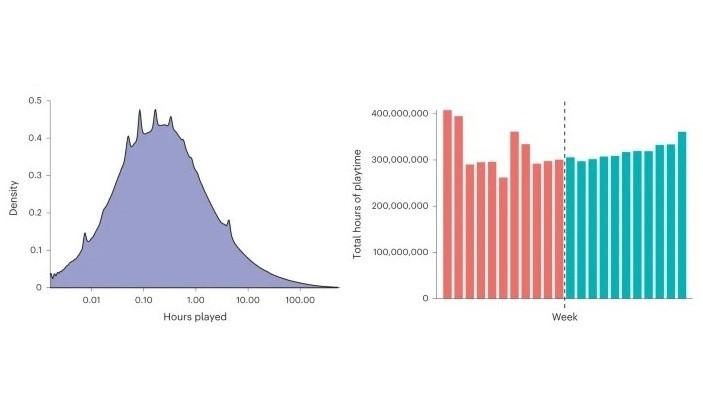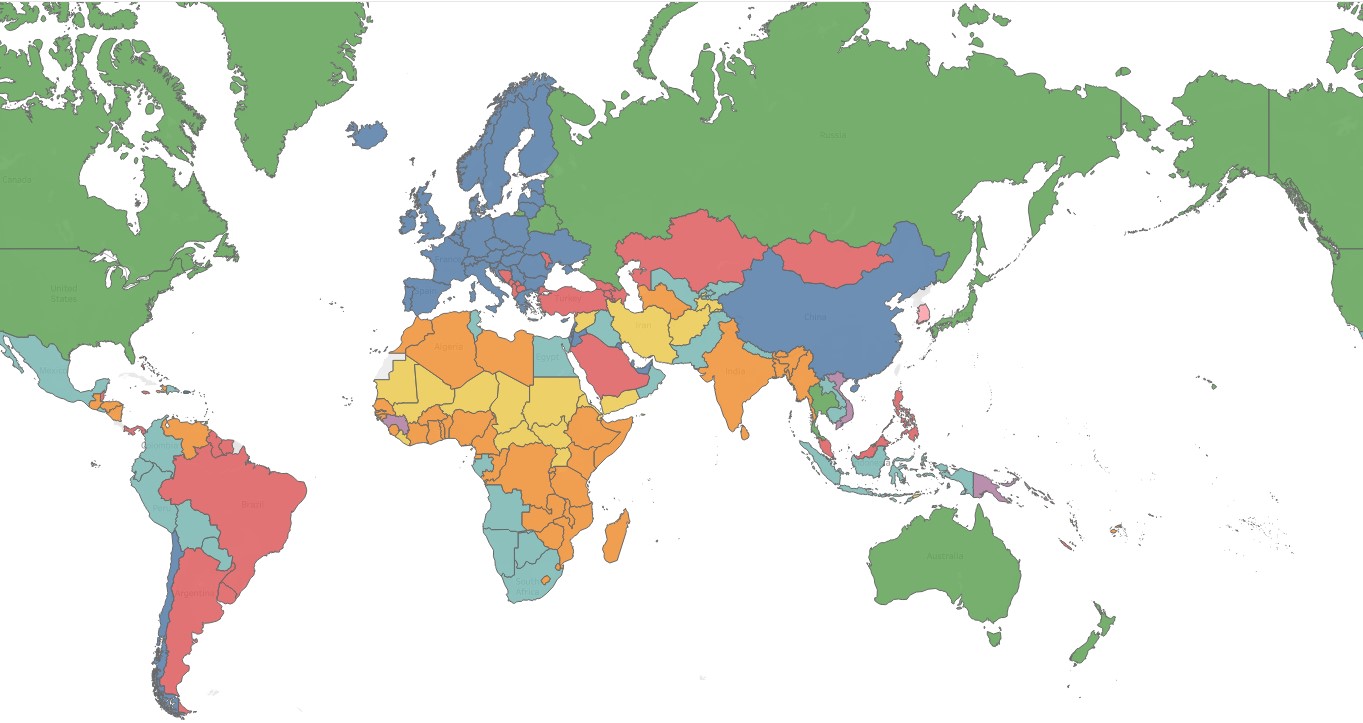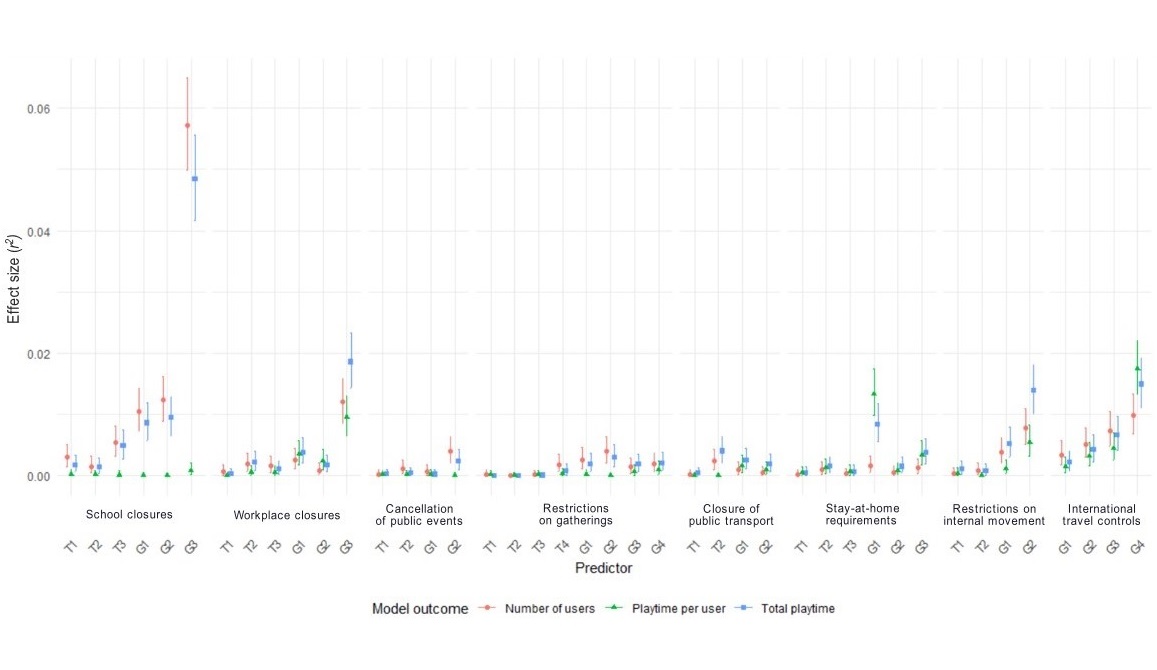Regulations and Influence on Playtime
How do government approaches to regulating playtime influence heavy gaming?

With the popularity of video games globally, there are often concerns about playtime and what it might mean for players. What are the consequences of playing too much? Governments have responded with regulations to try to limit play, with particularly restrictive approaches in China, but these mandates may not have the intended effect.
Global Play and Concerns
Video games are a widely popular hobby, with players investing time all over the world [see also: Project 1]. Because of its widespread popularity, though, there are also concerns about players spending too much time playing their games. In response to these concerns, some governments have taken steps to regulate play time, including China’s “Notice on the Prevention of Online Gaming Addiction in Juveniles,” which limited players under the age of 18 to less than 1.5 hours of daily play (or 3 hours on holidays).
Mandates, however, do not appear to influence “heavy gaming,” where players spend a great deal of time on games. The data reveals that individuals may have been playing more after mandates were enacted.
So What Does This Mean?
As with other attempts to use regulations to protect or alter the behaviors of minors, these playtime mandates do not have the intended effect of playtime reduction. While regulations on playtime are intended to promote healthy behaviors in young people, they may not achieve this effect. More work does need to be done on this topic, however.
A Note on Limitations
In addition to the limitations noted in the sidebar for this project, there are other potential limitations to keep in mind. There are possible influences on the data that could lead to more playtime after the introduction of playtime mandates. If there were more public holidays during the data collection period, this could lead to an increase in playtime. The analysis itself may also have influenced the way that playtime was measured (see: Project 3's White Paper). Finally, the data does not include information about player ages, meaning that the data could have been heavily influenced by adult players who were unaffected by the mandate.




